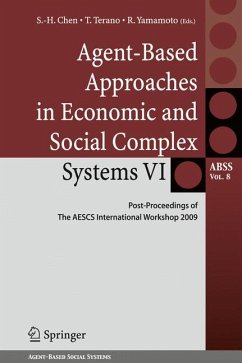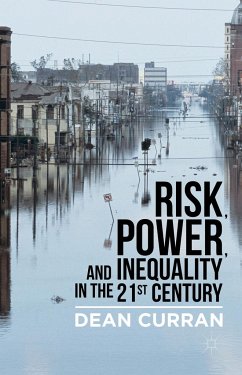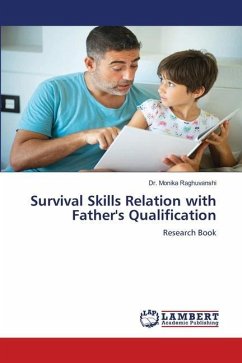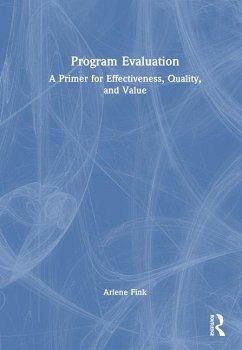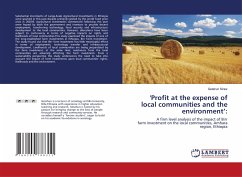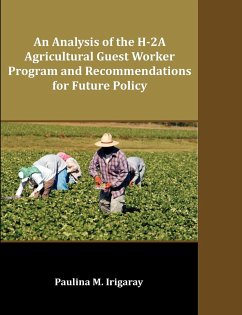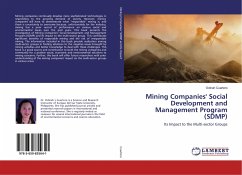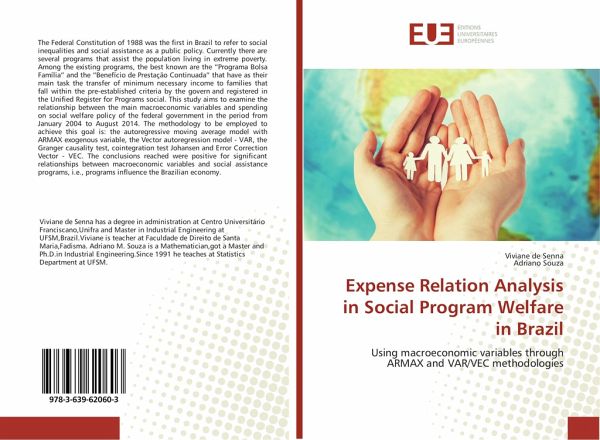
Expense Relation Analysis in Social Program Welfare in Brazil
Using macroeconomic variables through ARMAX and VAR/VEC methodologies
Versandkostenfrei!
Versandfertig in 6-10 Tagen
16,99 €
inkl. MwSt.

PAYBACK Punkte
8 °P sammeln!
The Federal Constitution of 1988 was the first in Brazil to refer to social inequalities and social assistance as a public policy. Currently there are several programs that assist the population living in extreme poverty. Among the existing programs, the best known are the "Programa Bolsa Família" and the "Benefício de Prestação Continuada" that have as their main task the transfer of minimum necessary income to families that fall within the pre-established criteria by the govern and registered in the Unified Register for Programs social. This study aims to examine the relationship between...
The Federal Constitution of 1988 was the first in Brazil to refer to social inequalities and social assistance as a public policy. Currently there are several programs that assist the population living in extreme poverty. Among the existing programs, the best known are the "Programa Bolsa Família" and the "Benefício de Prestação Continuada" that have as their main task the transfer of minimum necessary income to families that fall within the pre-established criteria by the govern and registered in the Unified Register for Programs social. This study aims to examine the relationship between the main macroeconomic variables and spending on social welfare policy of the federal government in the period from January 2004 to August 2014. The methodology to be employed to achieve this goal is: the autoregressive moving average model with ARMAX exogenous variable, the Vector autoregression model - VAR, the Granger causality test, cointegration test Johansen and Error Correction Vector - VEC. The conclusions reached were positive for significant relationships between macroeconomic variables and social assistance programs, i.e., programs influence the Brazilian economy.



